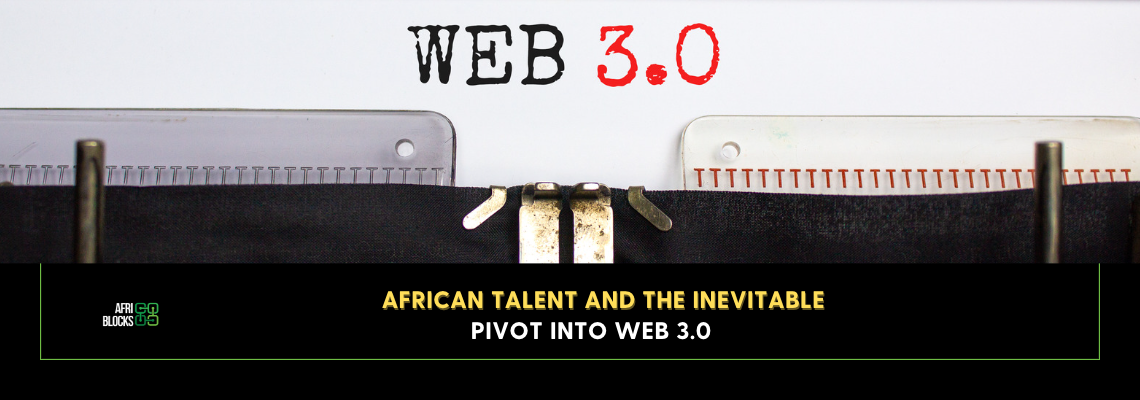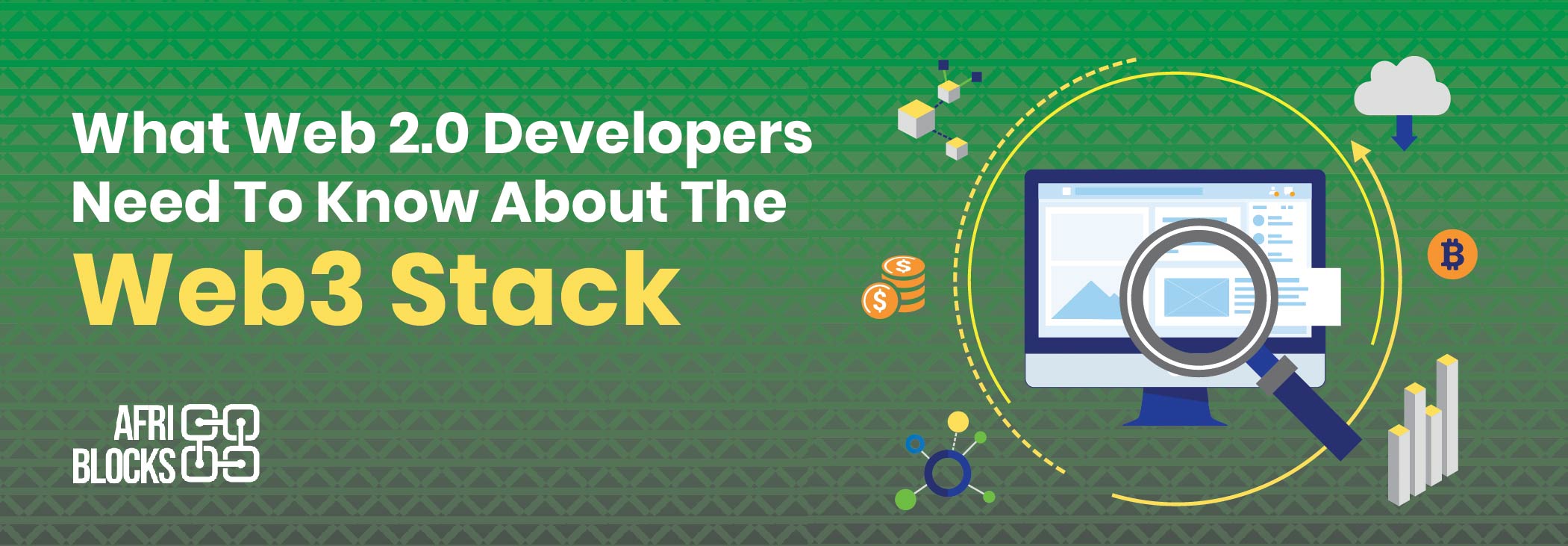
AfriBlocks Network
- Privacy
Issues regarding privacy are at the center of tech discussions. Whenever a user accesses an application, their data is available to the company from which the application they are using comes from. In order to meet KYC requirements, these apps also usually ask a user to upload their identity documents and other critical personal details. Protecting this data is of paramount importance to the overall survival of the digital systems that we use daily.
Decentralized systems are often designed to be more transparent and open than traditional systems, which can be a positive thing in many contexts. However, this transparency can also lead to a situation where individuals are unable to control their own data and information, with potentially harmful consequences for their personal and professional lives. Blockchain systems are central to decentralization and their immutability creates apprehension among users. User information stored on a blockchain will always be available. When developers are working on a decentralized system, they have to consider how user info will be stored in a way that will not grant access to the wrong individuals. Addressing privacy issues will help web3 applications scale more quickly.
- Legality
There are also ethical considerations around the use of cryptocurrencies and their potential to facilitate illegal activities. While cryptocurrencies can offer many benefits, such as greater financial inclusion and reduced transaction costs, they can also be used to facilitate money laundering, tax evasion, and other illegal activities. This raises important questions about the role of regulators and law enforcement in ensuring that these systems are not used for illicit purposes.
There are several cryptocurrencies in existence today and other blockchain applications that utilize digital tokens. It is on record that cryptocurrency can easily be used to make payments that fund illegal activity due to the anonymous nature of the systems that they run on. Developers have an obligation to ensure that the web3 applications they create work within the confines of the world’s legal systems. In most cases, some people will find a way to use good products for illegal activity in ways that are beyond the control of the product developers.
- Power structures
One of the key ethical considerations in decentralized systems is the potential for these systems to perpetuate existing power structures and inequalities. While decentralized systems are often touted as being more democratic and open than traditional systems, they can also be subject to manipulation by those with the most resources and influence. This can lead to a situation where the same power structures that exist in traditional systems are replicated in decentralized systems, with the same groups and individuals holding the most power and influence.
- Governance
There are ethical considerations around governance and regulation in decentralized systems. While these systems are often designed to be self-governing and autonomous, there is still a need for some level of oversight and regulation to ensure that they operate in a fair and ethical manner. This raises questions about who should be responsible for governing these systems, and what mechanisms should be put in place to ensure that they are accountable to the people who use them.
In conclusion, decentralized systems have the potential to revolutionize many aspects of our society, but they also raise important ethical considerations that must be taken into account. By carefully considering these ethical issues, we can ensure that decentralized systems are developed and used in a way that is fair, transparent, and beneficial for all.










